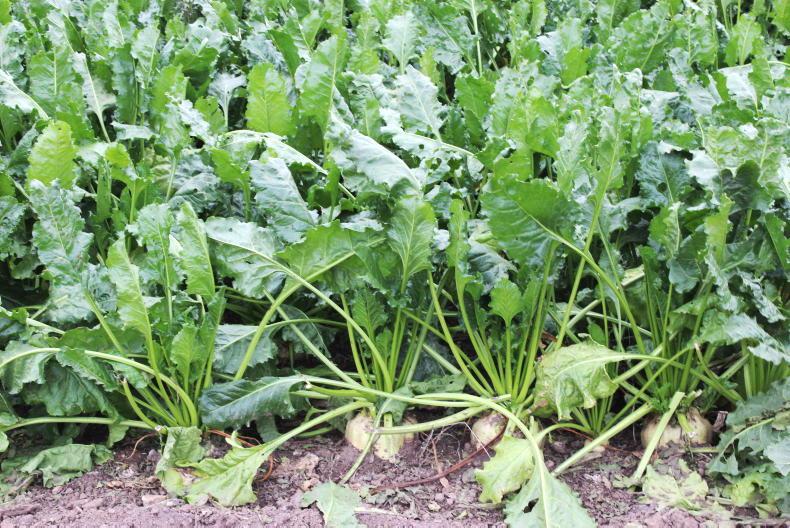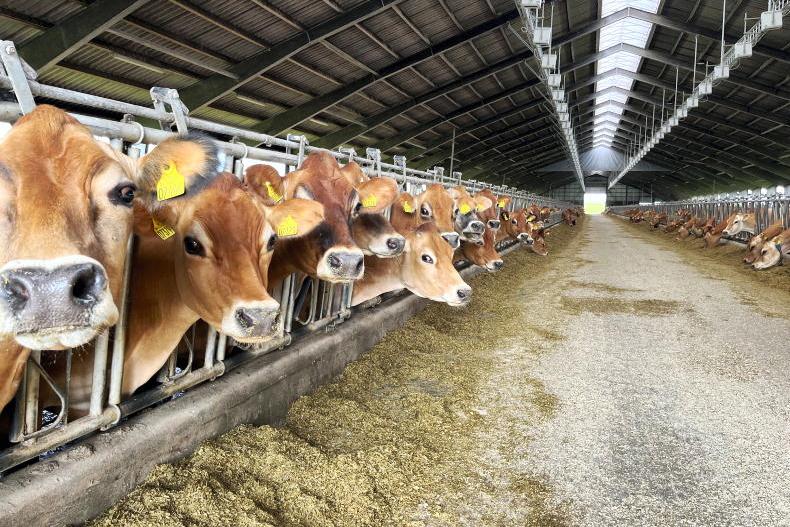So Brexit has finally happened, and we got a deal, and it hasn’t been an apolacyptic disaster so far.
What it has been is a procedural nuisance.
Paperwork backlogs have led to rotting fish that can’t be exported, and some empty shelves in supermarkets.
Our shelves in Ireland have gaps too, but a touch of snow tends to do that at the best of times, so let’s reserve judgement.
There is an irony in all the extra bureaucracy Brexit is imposing, for wasn’t Brussels bureaucracy one of the things the British wanted to unshackle themselves from in the first place?
The paperwork issues will probably get sorted in time. People whose jobs are directly affected would probably say they need to get sorted pretty quickly.
The Conservative government made great play of the removal of a tax on sanitary products on day one of life after the EU
The fact that we’re living through a pandemic that, as a side effect, has brought home the truth of globalisation more than any trade deal or trade war, has put things into perspective.
Some early benefits from Brexit are being claimed by the British, but not without controversy.
The Conservative government made great play of the removal of a tax on sanitary products on day one of life after the EU, but opposition MPs point out EU countries are planning to remove the minimum 5% tax rate by 2022.
Interestingly, Ireland is the only EU state that has no VAT on sanitary products.
A similar event occurred in farming, with the lifting of the ban on the use of neonicotinoid insecticides.
These are considered vital for use in sugar beet crops in particular. A British government spokesperson said use “will be tightly controlled to minimise any potential risk to pollinators”.
Brexit dividend?
But is it a Brexit dividend? Well, as many as 10 EU countries, including France, have given a derogation to their farmers to use ‘neonics’ this year. Plus ça change, it seems.
A far more significant change may be the approval of gene editing.
Banned in the EU, gene editing differs from genetic modification in one crucial regard.
Both use cutting-edge technology to breed for preferred or desired traits in plants, but gene editing only uses genetic material from the species itself, and not another species.
How will that play out on this island? That remains to be seen
In other words, it simply accelerates the process devised by Gregor Mendel nearly 200 years ago.
This may give the UK a valuable edge in crop, and perhaps animal production, if the EU continues with its blanket ban on such technology.
How will that play out on this island? That remains to be seen.
Were Northern Irish farmers to be denied access to yield-enhancing, input-reducing or disease or drought-resistant crops, they would be well entitled to feel hard done by. And if such crops are grown on the island, they will have less respect for the border than fuel smugglers.










SHARING OPTIONS